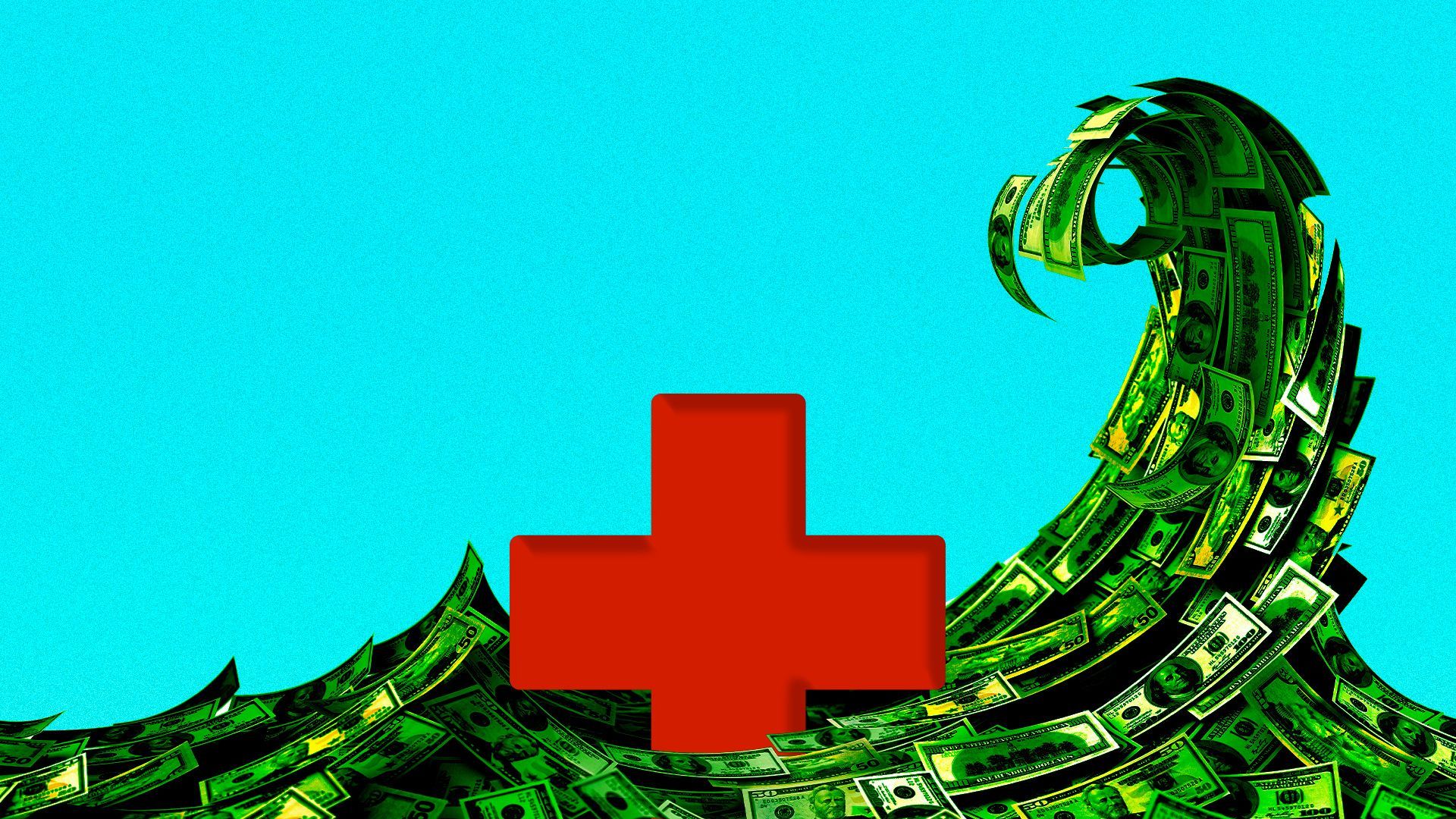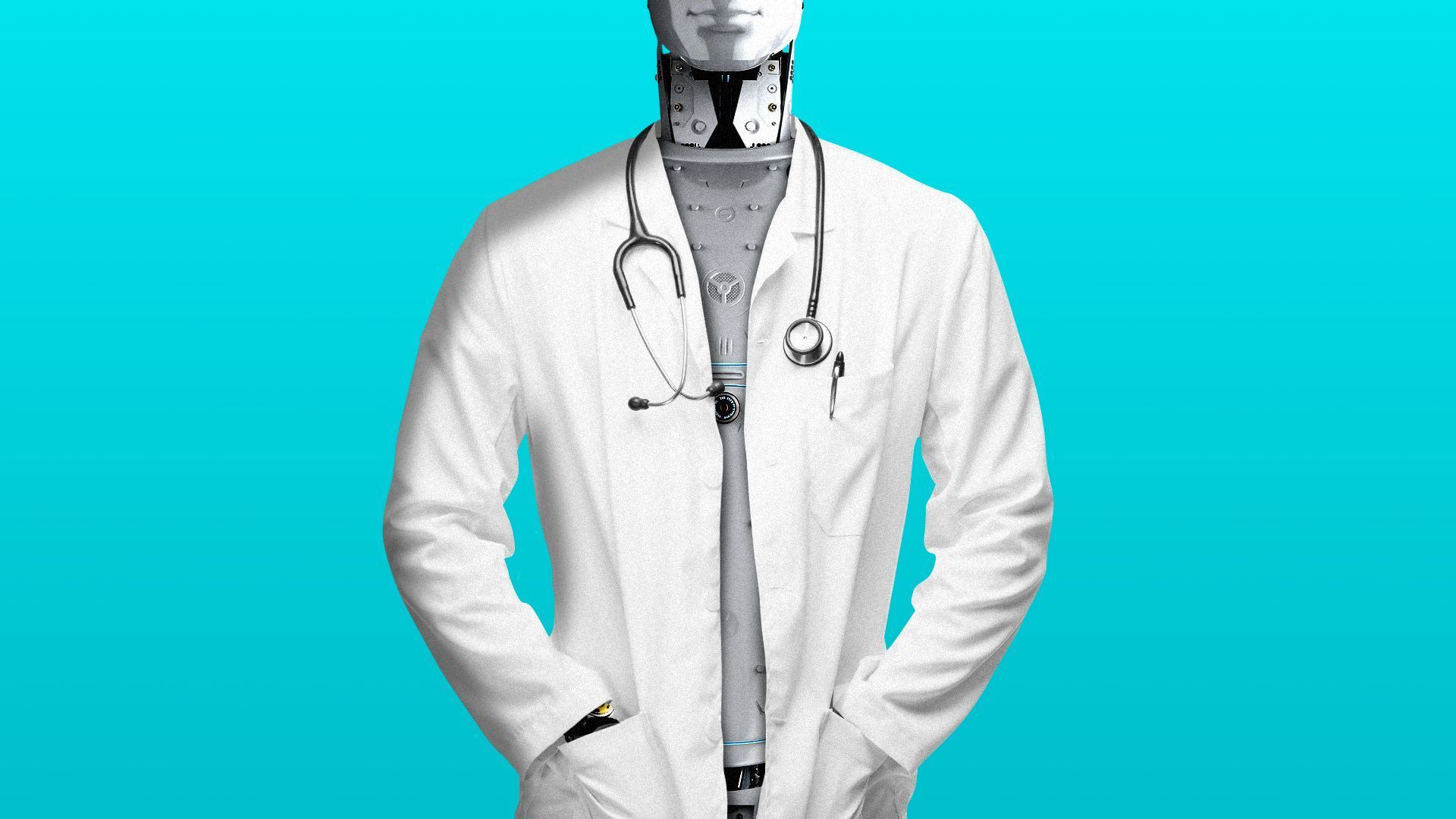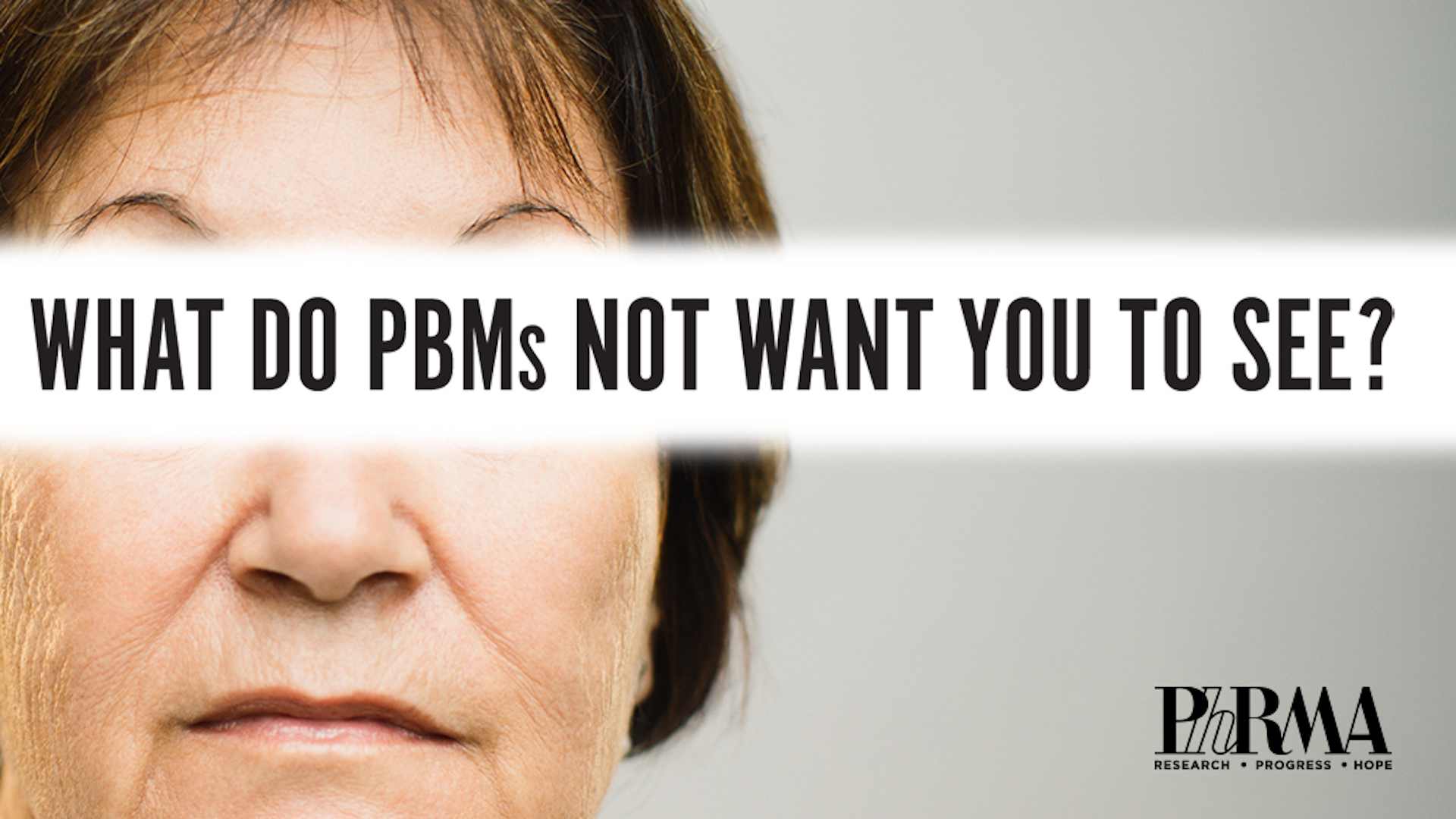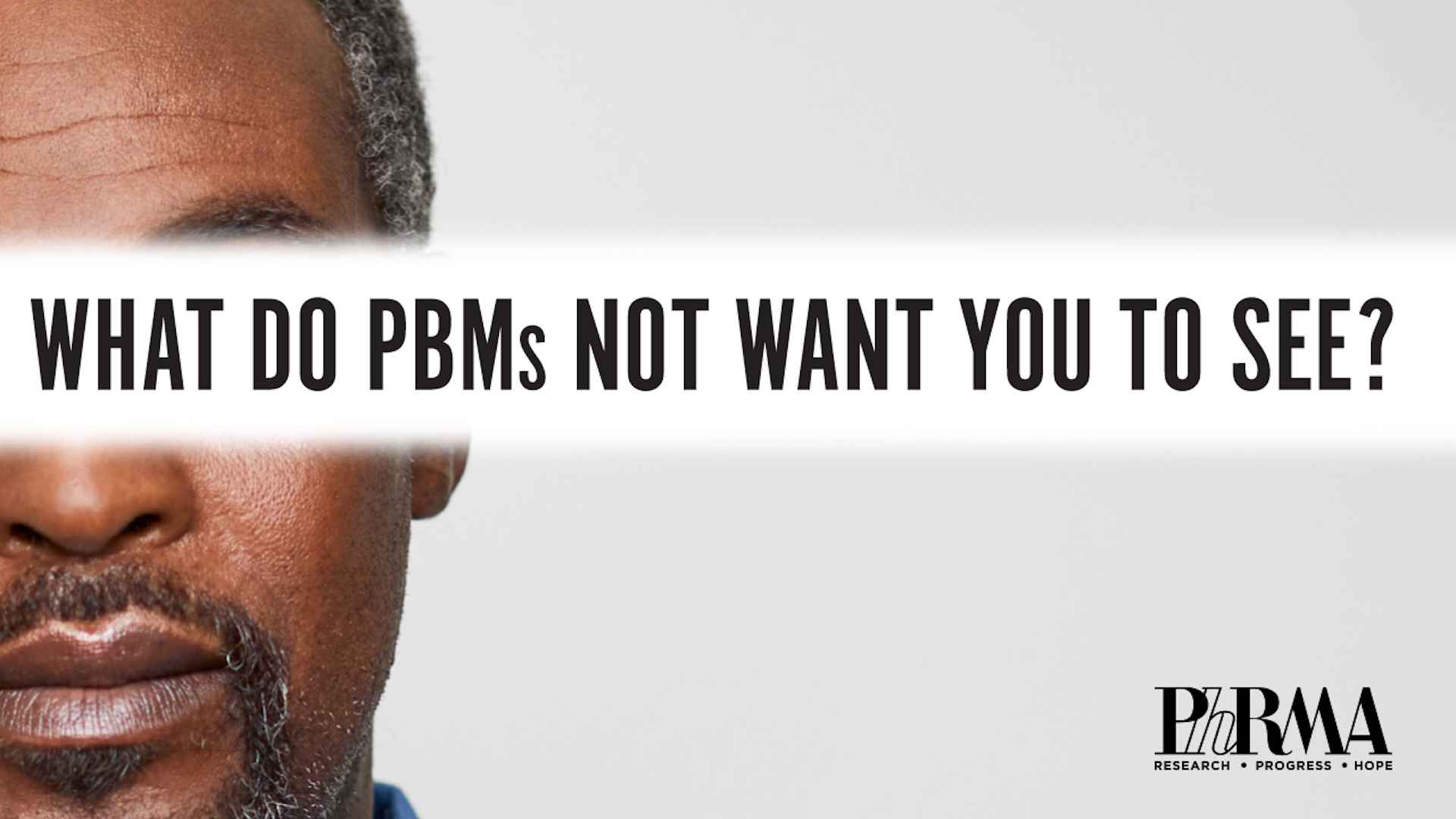| | | | | | | Presented By PhRMA | | | | Axios Vitals | | By Tina Reed · May 01, 2023 | | Welcome to the start of May, Vitals readers. Today's newsletter is 999 words or a 4-minute read. 🍻 On tap this week: National Institutes of Health acting director Lawrence Tabak and National Cancer Institute director (and reported future nominee for the top NIH job) Monica Bertagnolli will be on Capitol Hill on Thursday defending the president's budget request. - The Senate HELP Committee will talk about reauthorizing the Pandemic and All-Hazards Preparedness Act, better known as PAHPA, that same day.
| | | | | | 1 big thing: Hospitals face rough waters from high costs |  | | | Illustration: Aïda Amer/Axios | | | | The patients are back — but health systems are facing post-pandemic cost pressures driven by inflation and workforce shortages. Why it matters: These financial pressures are threatening the recovery of the industry, mainly the most vulnerable organizations, experts tell Axios. What they're saying: "While so many have moved on from dealing with COVID, we have not because we're now dealing with the aftermath," said American Hospital Association CEO Rick Pollack. - The problems, he said, include "financial challenges, a surge in inflation, workforce shortages, cracks in the supply chain, uncertain funding streams from the government at every level and inadequacies in our public health system."
Between the lines: "Almost every hospital for Q1 of this year is doing better than they were last year," Erik Swanson, senior vice president at consulting firm Kaufman Hall, told Axios. - But that's not necessarily saying much since hospitals financial performance suffered during COVID's Omicron wave in the first part of 2022 and the year itself was reportedly dubbed "the worst operating year we've ever seen" by Fitch Ratings.
Reality check: The balance sheets of many large health systems are doing just fine, experts tell Axios. - Even the cash position of many vulnerable hospitals, such as rural and public hospitals, benefited immensely from federal relief funds during the pandemic, Gary Young, a health policy professor at Northeastern University, told Axios.
What's happening: Inflation has been a strain on many hospitals, but workforce shortages are contributing to cost pressures, too. - Additional pressures are also tied to the end of COVID such as the potential loss of Medicaid by millions due to redetermination that could drive up uncompensated care, as well as headaches over the flexibilities that will be lost next week with the end of the public health emergency expiration.
What we're watching: With interest in site-neutral payments, surprise billing enforcement, 340B reform and antitrust oversight, hospitals are facing growing bipartisan congressional scrutiny over their business practices. |     | | | | | | 2. Nursing shortages show no signs of slowing down |  | | | Illustration: Eniola Odetunde/Axios | | | | Nearly a third of nurses nationwide say they will likely leave nursing for another career due to the pandemic, a new survey found, Axios' Arielle Dreher writes. Why it matters: Some sectors of the health care industry plagued by worker shortages during the pandemic appear to be rebounding. But the AMN Healthcare survey, published today, suggests nursing shortages may be a major challenge for years. - That reality is especially worrying for hospital leaders who are already relying on already expensive contract labor to maintain services due to nursing shortages.
Details: For a decade, 80% to 85% of nurses said they were satisfied with their choice of becoming a nurse. But in 2023, that percentage dropped to 71%, according to the survey of more than 18,200 nurses conducted in January. - The percentage of nurses who said they are satisfied with the quality of care they provide also decreased from 75% in 2021 to 64% in 2023.
- Nearly 9 in 10 nurses say the nursing shortage is worse than it was five years ago, the survey found. The vast majority (80%) believe the shortage will only get worse over the next five years.
|     | | | | | | 3. ChatGPT is "sorry" you're sick |  | | | Illustration: Aïda Amer/Axios | | | | OpenAI's ChatGPT tool can answer patient questions with more empathy than human physicians can, according to a new study. Why it matters: Apparently, even our humanity can be bested by robots. Details: In the study — published Friday by the research journal JAMA Internal Medicine — researchers led by the University of California San Diego, La Jolla took a randomly drawn sample of about 200 patient questions. Both human doctors and ChatGPT answered the questions. - The chatbot won. It wasn't close.
What they're saying: "It's pretty obvious why AI was better. It's not constrained by time," lead author John Ayers, an epidemiologist at the University of California San Diego, La Jolla told Axios. - "You could take a simple query like: 'I have a headache, can you help me?' and you'll immediately see ChatGPT say 'I'm sorry you have a headache,'" Ayers said. "The doctor knows that, they feel that. They don't have time to say it."
Yes, but: There are still plenty of concerns about generative AI's accuracy and its ability to truly disseminate the most relevant information. - But the finding adds to evidence that the technology may be able to fill gaps on health care tasks that have become time-consuming for doctors, but make a big impact on patient care.
|     | | | | | | A message from PhRMA | | Did you know that just 3 PBMs control 80% of all prescriptions? | | |  | | | | And all three own or are owned by insurance companies. They often own your pharmacy too. This extreme market consolidation steers you toward pharmacies that make them more money — regardless of what's best or convenient for you. Haven't heard about this? That's by design. | | | | | | 4. Quote du jour: The health costs of loneliness | | "[I]ts invisibility is part of what makes it so insidious. We need to acknowledge the loneliness and isolation that millions are experiencing and the grave consequences for our mental health, physical health and collective well-being. — Vivek Murthy, U.S. surgeon general That was Murthy in an op-ed in the New York Times on Sunday, previewing a proposal he will make this week for "a national framework to rebuild social connection and community in America." - That includes "strengthening" social infrastructure, such as school and community programs "that bring people together" as well as workplace design that "fosters social connection," he said.
By the numbers: A 2021 report found that more than 1 in 3 Americans, including 61% of young adults and 51% of mothers with young children, feel "serious loneliness." - CDC data released last week showed troubling trends when it came to high school students' physical, emotional and mental health, Politico reported.
- While social disconnection has been tied to an increased risk of anxiety and depression, it can also raise their risk of heart disease (29%), dementia (50%), and stroke (32%), Murthy said.
- "Given these extraordinary costs, rebuilding social connection must be a top public health priority for our nation," he wrote.
|     | | | | | | 5. While you were weekending |  | | | Illustration: Aïda Amer/Axios | | | | 👉 This pharmacist said prisoners wouldn't feel pain during lethal injection. Then some shook and gasped for air. (ProPublica) 👀 Toxic benzene lingered for weeks after shelter-in-place warnings ended following a 2019 Houston-area chemical fire. (Texas Tribune) 👶 For babies born dependent on opioids, doctors try a new caregiving approach: getting help from mom. (Wall Street Journal) 📲 Kids under 13 would be banned from social media under new bipartisan bill. Here's what parents want. (USA Today) |     | | | | | | A message from PhRMA | | The 3 largest PBMs denied coverage to over 1,150 medicines last year | | |  | | | | And all three own or are owned by insurance companies. They often own your pharmacy too. That includes medicines that could lower your costs at the pharmacy. Pharmacy benefit managers (PBMs) are putting their profits before you. Haven't heard about this? That's by design. | | | | Thanks for reading, and thanks to David Nather and Laurin-Whitney Gottbrath and senior copy editor Bryan McBournie for the edits. |  | | Dive deeper into the future of health care | | | | | | Axios thanks our partners for supporting our newsletters.
Sponsorship has no influence on editorial content. Axios, 3100 Clarendon Blvd, Arlington VA 22201 | | | You received this email because you signed up for newsletters from Axios.
To stop receiving this newsletter, unsubscribe or manage your email preferences. | | | Was this email forwarded to you?
Sign up now to get Axios in your inbox. | | | | Follow Axios on social media:    | | | | | |
No comments